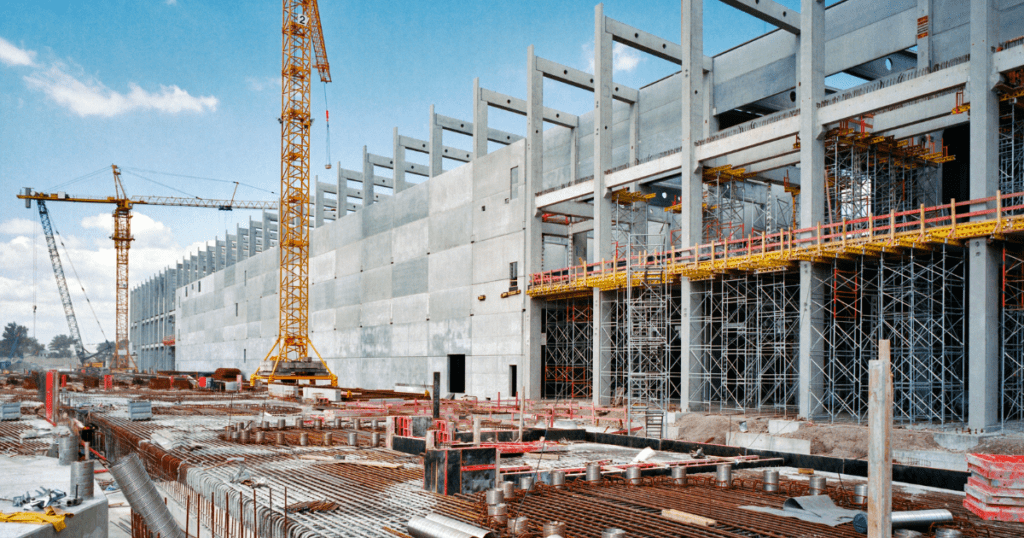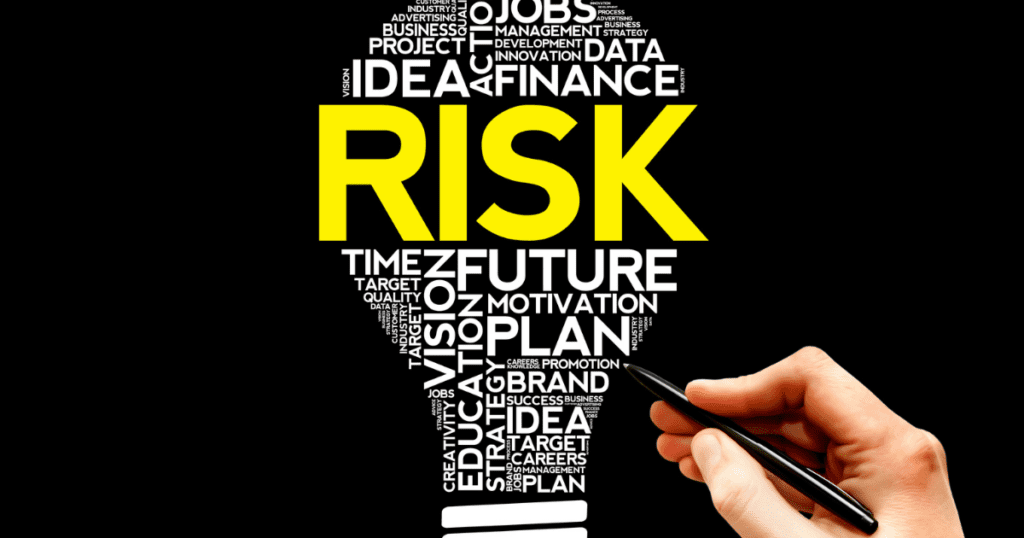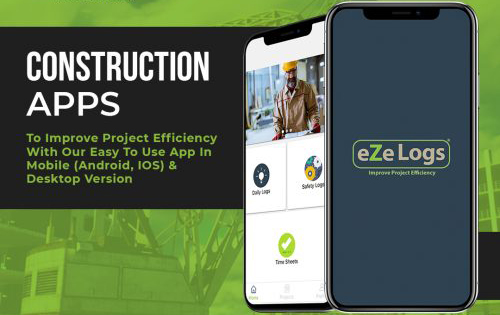As the construction industry continues to evolve, effective construction scheduling is becoming increasingly important for project success in 2023. Construction scheduling is the process of planning, organizing, and managing the resources and activities necessary to complete a construction project on time and within budget.

It involves the coordination of people, materials, and equipment to ensure that the project is completed in a timely and cost-effective manner. Effective construction scheduling can help to reduce costs, improve safety, and ensure that projects are completed on time and within budget. This article will discuss the ultimate benefits of effective construction scheduling for project success in 2023.
Construction Scheduling will Improved Time Management
Time management is the process of organizing and planning how to divide one’s time between specific activities. Good time management enables an individual to complete more in a shorter period of time, lowers stress, and leads to career success. Here are some tips to help improve time management:
1. Set Goals: Establishing goals helps to prioritize tasks and focus on the most important ones.
2. Make a Schedule: Create a schedule that outlines when tasks should be completed.
3. Break Down Tasks: Break down large tasks into smaller, more manageable chunks.
4. Eliminate Distractions: Turn off notifications and limit social media use to stay focused.
5. Take Breaks: Taking breaks helps to refresh the mind and stay productive.
6. Delegate Tasks: Delegating tasks to others can help to free up time for more important tasks.
7. Track Progress: Tracking progress helps to stay on track and identify areas that need improvement.
By following these tips, individuals can improve their time management skills and become more productive.
Enhanced Resource Management
Resource management is the process of efficiently allocating, organizing, and monitoring resources to ensure that they are used in the most effective and efficient manner. Enhanced resource management is the practice of utilizing advanced techniques and technologies to further optimize the management of resources.
Enhanced resource management involves the use of sophisticated software and analytics to track and analyze resource usage. This allows for more accurate forecasting of resource needs and better decision-making. It also enables organizations to identify areas of waste and inefficiency, and to take corrective action.
Enhanced resource management also involves the use of automation and artificial intelligence to streamline processes and reduce manual labor. Automation can help to reduce errors and improve accuracy, while AI can be used to identify patterns and trends in resource usage.
Finally, enhanced resource management involves the use of predictive analytics to anticipate future resource needs and plan accordingly. This helps to ensure that resources are available when needed, and that resources are not wasted.
Enhanced resource management is an important tool for organizations looking to maximize efficiency and reduce costs. By utilizing advanced techniques and technologies, organizations can ensure that resources are used in the most effective and efficient manner possible.
Increased Project Efficiency
Project efficiency can be increased by implementing a number of strategies. These include streamlining processes, improving communication, and utilizing automation. Streamlining processes involves identifying and eliminating unnecessary steps, consolidating tasks, and creating standard operating procedures.
Improving communication involves setting clear expectations, providing feedback, and encouraging collaboration. Utilizing automation involves using software and other tools to automate repetitive tasks and reduce manual labor. By implementing these strategies, project efficiency can be improved, resulting in increased productivity and cost savings.
Improved Communication and Collaboration
Improved communication and collaboration are essential for any organization to succeed. By utilizing the latest technologies, organizations can ensure that their teams are able to communicate and collaborate effectively.
One way to improve communication and collaboration is through the use of video conferencing. This technology allows teams to connect with each other in real-time, regardless of their physical location. Video conferencing also allows for the sharing of documents, images, and other files, making it easier for teams to work together on projects.
Another way to improve communication and collaboration is through the use of online collaboration tools. These tools allow teams to work together on projects in real-time, regardless of their physical location. These tools also allow for the sharing of documents, images, and other files, making it easier for teams to work together on projects.
Finally, organizations can also use social media to improve communication and collaboration. Social media allows teams to connect with each other in real-time, regardless of their physical location. It also allows for the sharing of documents, images, and other files, making it easier for teams to work together on projects.
By utilizing the latest technologies, organizations can ensure that their teams are able to communicate and collaborate effectively. This will help to improve productivity and efficiency, leading to better results for the organization.
Mitigated Risk
Mitigated risk is the reduction of the probability and/or impact of a risk. It is achieved through a combination of risk management strategies, such as avoidance, transfer, sharing, and/or acceptance. Risk mitigation strategies are designed to reduce the likelihood of a risk occurring, as well as the potential impact of the risk if it does occur.

Risk mitigation strategies can include implementing preventive measures, such as installing fire alarms or implementing safety protocols. They can also include contingency plans, such as having a backup system in place in case of a power outage. Additionally, risk mitigation strategies can include insurance policies, such as property or liability insurance.
Risk mitigation is an important part of any risk management plan. It is important to identify potential risks and develop strategies to reduce the likelihood and/or impact of those risks. By implementing risk mitigation strategies, organizations can reduce their exposure to potential losses and increase their chances of success.
The Bottom Line
The Ultimate Benefits of Effective Construction Scheduling for Project Success in 2023 is a comprehensive guide to the importance of effective construction scheduling for successful project completion.
It has highlighted the importance of scheduling in terms of cost savings, improved quality, and increased efficiency. It has also discussed the various tools and techniques available to help project managers create and maintain effective construction schedules.
With the right tools and techniques, construction projects can be completed on time and within budget. In conclusion, effective construction scheduling is essential for successful project completion in 2023 and beyond.


